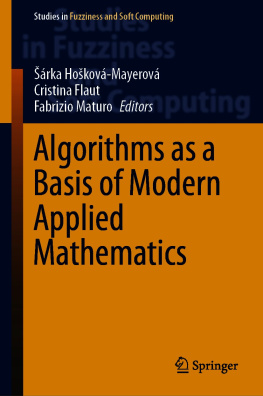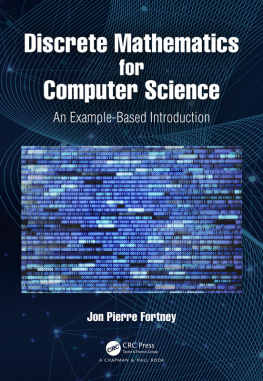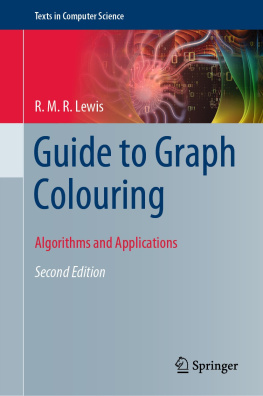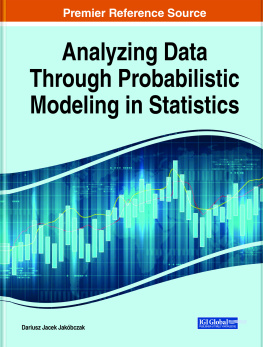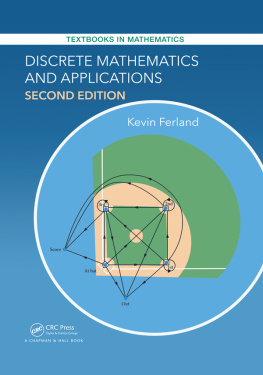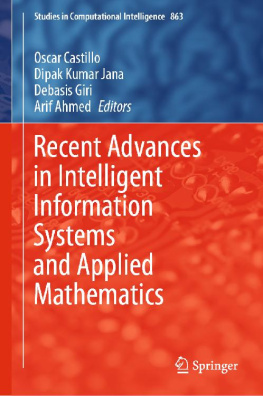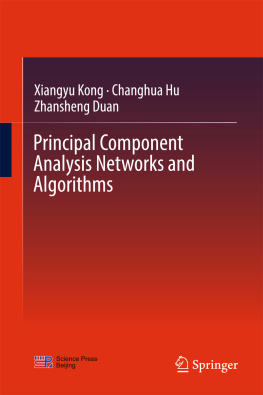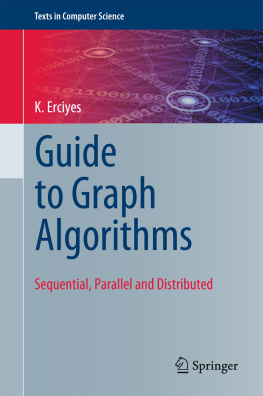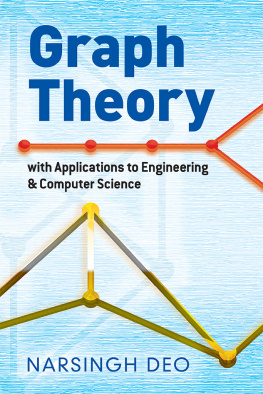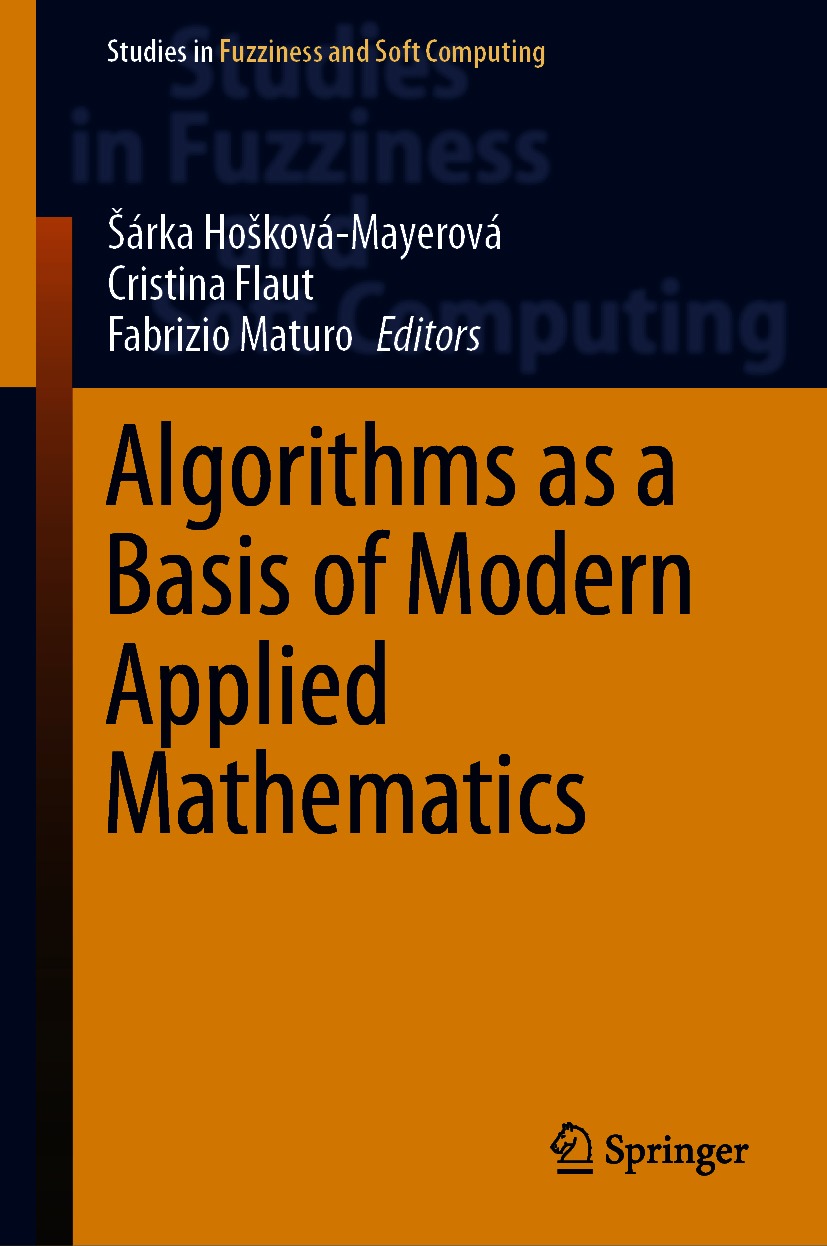Volume 404
Studies in Fuzziness and Soft Computing
Series Editor
Janusz Kacprzyk
Systems Research Institute, Polish Academy of Sciences, Warsaw, Poland
The series Studies in Fuzziness and Soft Computing contains publications on various topics in the area of soft computing, which include fuzzy sets, rough sets, neural networks, evolutionary computation, probabilistic and evidential reasoning, multi-valued logic, and related fields. The publications within Studies in Fuzziness and Soft Computing are primarily monographs and edited volumes. They cover significant recent developments in the field, both of a foundational and applicable character. An important feature of the series is its short publication time and world-wide distribution. This permits a rapid and broad dissemination of research results.
Indexed by SCOPUS, DBLP, WTI Frankfurt eG, zbMATH, SCImago.
All books published in the series are submitted for consideration in Web of Science.
More information about this series at http://www.springer.com/series/2941
Editors
rka Hokov-Mayerov , Cristina Flaut and Fabrizio Maturo
Algorithms as a Basis of Modern Applied Mathematics
1st ed. 2021

Logo of the publisher
Editors
rka Hokov-Mayerov
Department of Mathematics and Physics, Faculty of Military Technology, University of Defence, Brno, Czech Republic
Cristina Flaut
Faculty of Mathematics and Computer Science, Ovidius University, Constanta, Romania
Fabrizio Maturo
Department of Mathematics and Physics, University of Campania Luigi Vanvitelli, Caserta, Italy
ISSN 1434-9922 e-ISSN 1860-0808
Studies in Fuzziness and Soft Computing
ISBN 978-3-030-61333-4 e-ISBN 978-3-030-61334-1
https://doi.org/10.1007/978-3-030-61334-1
The Editor(s) (if applicable) and The Author(s), under exclusive license to Springer Nature Switzerland AG 2021
This work is subject to copyright. All rights are solely and exclusively licensed by the Publisher, whether the whole or part of the material is concerned, specifically the rights of translation, reprinting, reuse of illustrations, recitation, broadcasting, reproduction on microfilms or in any other physical way, and transmission or information storage and retrieval, electronic adaptation, computer software, or by similar or dissimilar methodology now known or hereafter developed.
The use of general descriptive names, registered names, trademarks, service marks, etc. in this publication does not imply, even in the absence of a specific statement, that such names are exempt from the relevant protective laws and regulations and therefore free for general use.
The publisher, the authors and the editors are safe to assume that the advice and information in this book are believed to be true and accurate at the date of publication. Neither the publisher nor the authors or the editors give a warranty, expressed or implied, with respect to the material contained herein or for any errors or omissions that may have been made. The publisher remains neutral with regard to jurisdictional claims in published maps and institutional affiliations.
This Springer imprint is published by the registered company Springer Nature Switzerland AG
The registered company address is: Gewerbestrasse 11, 6330 Cham, Switzerland
Preface
The book Algorithms as a Basis of Modern Applied Mathematics is part of the series Studies in Fuzziness and Soft Computing published by Springer. This volume is the outcome of scientific collaboration in the areas of Mathematics and Statistics among Prof. rka Hokov-Mayerov from the University of Defence (Brno, Czech Republic), Prof. Cristina Flaut from the Ovidius University (Constana, Romania), and Dr. Fabrizio Maturo from the University of Campania Luigi Vanvitelli (Caserta, Italy).
Due to recent technological developments, the widespread distribution of computers, telephones, and devices of different kinds that keep people always connected to the World Wide Web, the algorithms have increased their importance. It is undeniable that we live in the age of algorithms; these dominate our everyday life, process our data, give us suggestions, guide us more or less consciously during many processes of daily life. Algorithms play a fundamental role due to their ability of simplification and synthesis of the great mass of data that technology makes available. From the simplest to the more complicated one, it is impossible to deny the importance of algorithms, both in our daily and online life. However, algorithms have a double face; if on the one hand, they are useful and vital, on the other, they can also be dangerous because they have the power to influence people, for example, the Google PageRank algorithm, which decides in which order the search results are displayed. It can affect our decisions, our purchases, which University to attend, whether to watch a movie or not, etc. Its power and danger are undeniable and the power of those who control it is equally undeniable. Equally relevant is the importance of algorithms in financial systems that move billions of dollars every day. They can buy and sell securities in milliseconds. Then, there is the you might also like it in every e-commerce website, or similarly, the Google AdSense algorithm that monitors our behaviour, time on sites, the use of words, and search queries to provide contextual advertising. On the face of it, most of these algorithms do nothing wrong: they select and advise. The risk, however, is people become vulnerable to manipulation and propaganda because the information is supervised. Recently, Google has developed a new algorithm, called Knowledge-Based Trust, which rewards or penalises websites based on the reliability of the content they publish. Hence, algorithms can suggest, guide, or even censor. In summary, in many cases, algorithms decide for us.
Given the growing importance of algorithms, the main objective of this volume is to collect some contributions regarding them in various research areas and to present them organically.
The book opens with the contribution entitled authored by Sen and Agarwal. The authors discuss this uniform accuracy issue or the best available order of accuracy and attempt to prescribe remedies for several numerical problems such as those involving/near-singular linear systems, zero clusters of a nonlinear univariate equation, optimisation, and differential equations involving singularity.
The second chapter is by Brbulescu and Mascu. The authors use an integrated approach to evaluate how green businesses operate, and they analyse the relationship between energy, carbon and water based on the data from the top sustainable companies in the world. They propose two models to study the dependence of carbon on energy efficiency and carbon on energy and water efficiency.
In the third chapter, namely , Ionescu compares the performance of four state-of-the-art multi-objective evolutionary algorithms representing two fundamental approaches in recent research: indicator-based and decomposition-based. The algorithms are compared with respect to six convergence and diversity performance measures, including the recently proposed IGD+, for benchmark test problems in two popular suites.

